Rejoicing: Stories from the Community Health Program
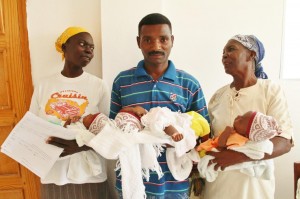 TRIPLETS — “I’ve heard of this but I’ve never seen this before,” exclaimed Garvens, one of the Haitian translators working with a recent Haiti Foundation of Hope medical team. He was gazing at the triplets who were brought into the clinic for a 2-month-old well-baby check with the team pediatrician.
TRIPLETS — “I’ve heard of this but I’ve never seen this before,” exclaimed Garvens, one of the Haitian translators working with a recent Haiti Foundation of Hope medical team. He was gazing at the triplets who were brought into the clinic for a 2-month-old well-baby check with the team pediatrician.
The triplets were born after a community health volunteer visited the pregnant woman’s home and saw her in great distress as she was trying to deliver her baby. Due to his extensive training on danger signs in pregnant women, the health worker knew the woman needed professional help immediately. He made arrangements for the woman to be driven to the Gonaives hospital. Several hours later she delivered triplets – three beautiful, healthy girls.
There was much rejoicing for the family as well as for the community health workers.
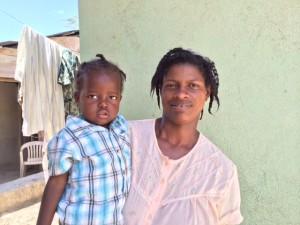
SAVING A LIFE — Using a traditional practice, a family boiled leaves and made tea for their two-month-old baby who had a cough. After a week, the cough continued and the baby developed a fever and further respiratory problems. The parents were quite worried and people began to gather to support the family. A community health volunteer happened to be visiting homes in the area at that time. When he saw the baby, he told the family to run to the hospital. The child was immediately put on oxygen.
Because the volunteer was in the community that day, the baby’s life was saved. The baby is now about two years old and with parents who are worshipping God for what happened.
CLEAN WATER — Mason is a small village served by the Community Health Program. Recently, community health volunteers discovered that the entire community was drinking water from a nearby river and open air canals.
After further research, it was clear that children in Mason had frequent diarrhea, cholera and typhoid. The volunteers provided the community with education about the risks of untreated water and the use of bleach, and were able to get a well installed.
Since then, the volunteers have seen the community’s health quality increase drastically. One of the village leaders, who is a voodoo priest, said, “the community health program brings satisfaction to the whole community in many manners, for instance we are drinking good water now.”











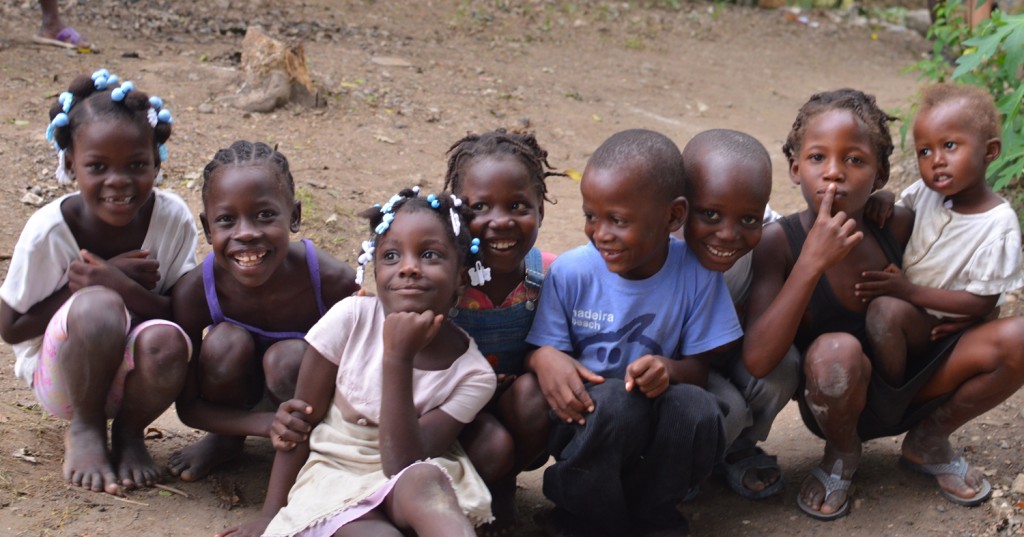
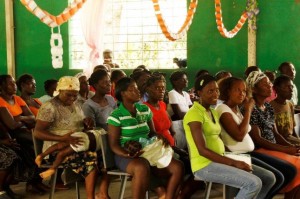
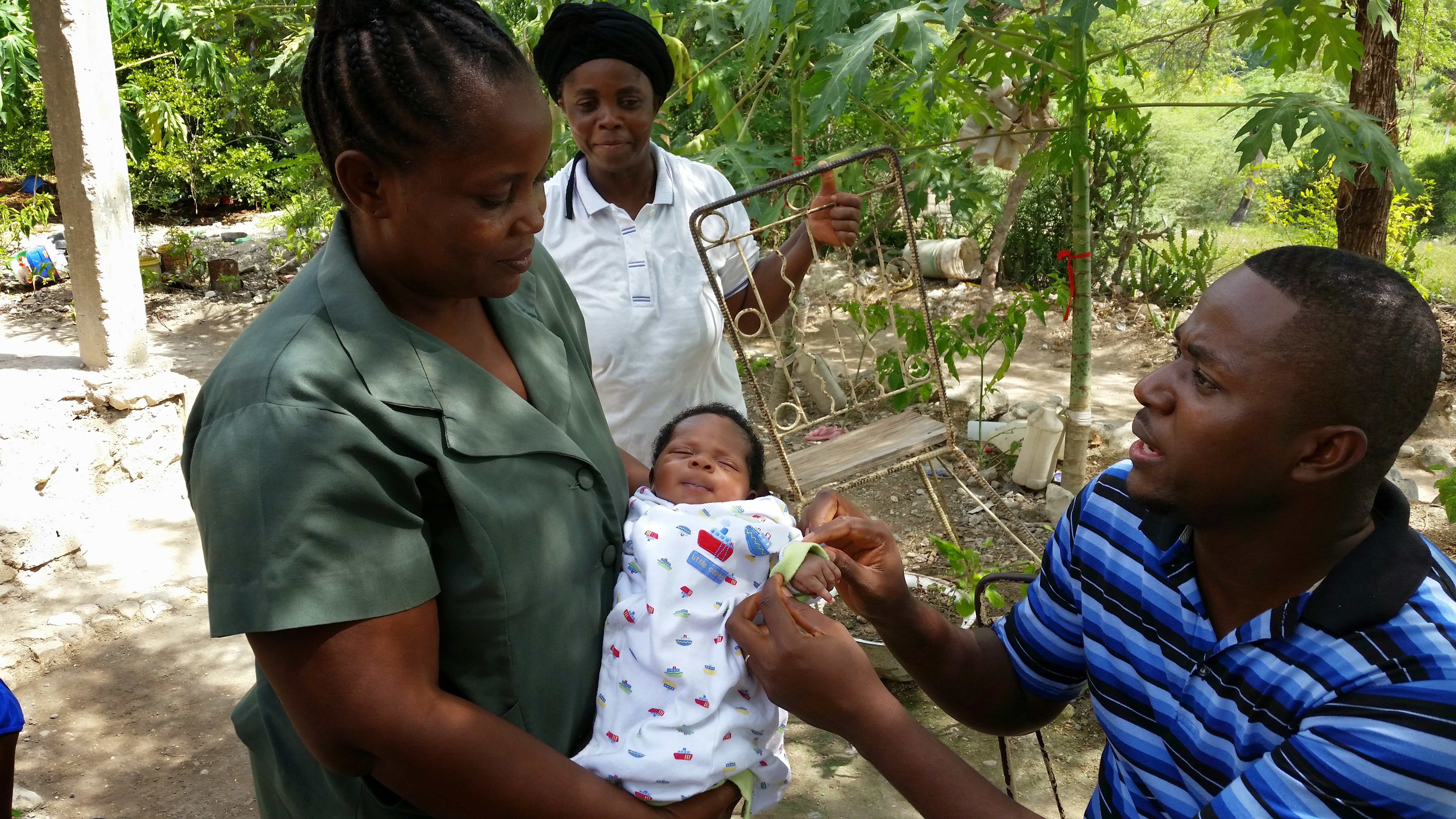
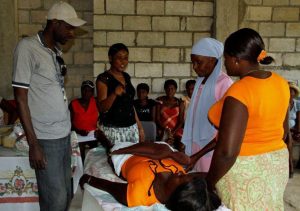
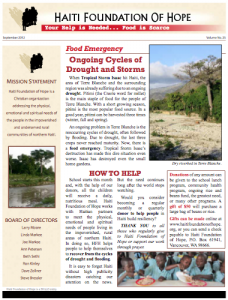
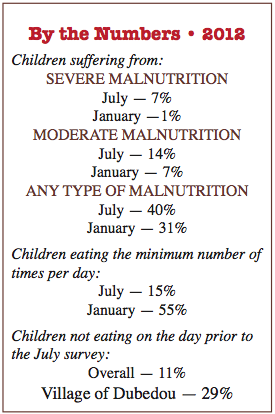

 The community health program based in Terre Blanche continues full steam ahead. Early on, the village committees decided on three major health issues to focus on: childhood diarrhea, maternal health and child nutrition.
The community health program based in Terre Blanche continues full steam ahead. Early on, the village committees decided on three major health issues to focus on: childhood diarrhea, maternal health and child nutrition.

 Instagram Feed
Instagram Feed

